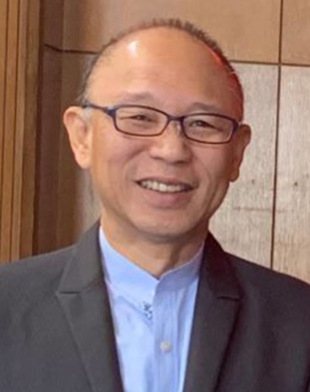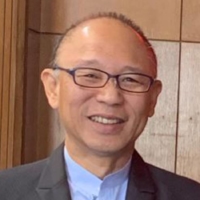Of the over 26,000 people who have taken part in Malaysia’s Look East Policy, two alumni, Akkbar Danial, head of automotive distribution at DRB-Hicom Berhad, one of the largest conglomerates in Malaysia, and Datuk Steven Tan, managing director of I.M Jihan Co., a vehicle exporter in Tokyo, spoke with The Japan Times about their insights into what more can be done to benefit both countries through the Japan-focused initiative.
Malaysia drafted the Look East Policy 40 years ago to develop its economy and set up an industrial base by sending students and officials to study Japan’s economy and work ethic.
For both Akkbar and Tan, one of their motivations for coming to Japan was to find out how Japan achieved its amazing economic recovery and fast-paced growth after World War II.
Tan thought Japan must have used some kind of magic. But after arriving via the Look East Policy in 1983, he realized that magic had nothing to do with it.

It was the Japanese people’s “determination, hard work, systematic (approach) and unity that made this possible,” Tan said. Learning that made him hopeful. “It meant that Malaysia can also become as successful as Japan as long as we can promote the good traits of Japan in our society,” he said.
Akkbar, who spent a total of 12 years in Japan and 18 years working for a Japanese enterprise, is doing exactly that at his current company.
“It’s all about paying attention to details,” he said, noting that being process-oriented, having a sense of responsibility and ownership, plus accountability, modesty and loyalty are highly valued in Japan.
Both Akkbar and Tan said blending into society, working at Japanese companies, and applying Japan’s famed work ethic helped improve communication between Malaysian and Japanese firms and deepen the bilateral relationship.
Tan introduced Brahim, a leading curry paste manufacturer in Malaysia, to the Japanese market. He also made a bold move by opening restaurants in Japan that promote Malaysian food to local Japanese. It was a move that paid off.
“We received overwhelmingly good responses from the Japanese,” he said, noting that it gave a lot of the Malaysian diaspora a chance to enjoy their favorite foods far from home.
According to the two LEP alumni, there is still room to enhance the Malaysia-Japan relationship in many areas. They both mentioned automobiles as one such field.
Tan said when Japan shared its car manufacturing technology with Malaysia, it helped Malaysia build its first national car – the Proton Saga. Applying such technology transfers to other industries will help not only Malaysia, but Japan as well by allowing it to use the country as a strategic hub to expand to other Southeast Asian markets.

Akkbar, who calls Japan his second home, said Malaysia would benefit from further efforts in human capital development via training programs in many fields, while Tan pointed out Japan also stood to benefit. “Since Malaysia is a young nation with younger generations, I believe that if Japan can provide more chances for us to learn from them for our young Malaysians, I believe that they will contribute back to Japan” in the near future, he said.
Akkbar said Malaysia has a chance to become an alternative education hub for Japanese seeking to receive education in English. “We are seeing more and more Japanese families moving to Malaysia to pursue international education for their kids,” he said.
To accelerate and strengthen the partnership allowing the two countries to benefit from each other, Tan expressed hope that the Malaysian government will continuously support the LEP. He explained that the LEP has become a proven model that works well for Malaysia, with the increasing possibility of boosting the Japanese economy at the same time from a human resources perspective and by helping Japanese companies venture further into the Southeast Asian market.
Akkbar encouraged future applicants to the LEP to practice what they have learned in Japan and become Malaysia’s game changers.




